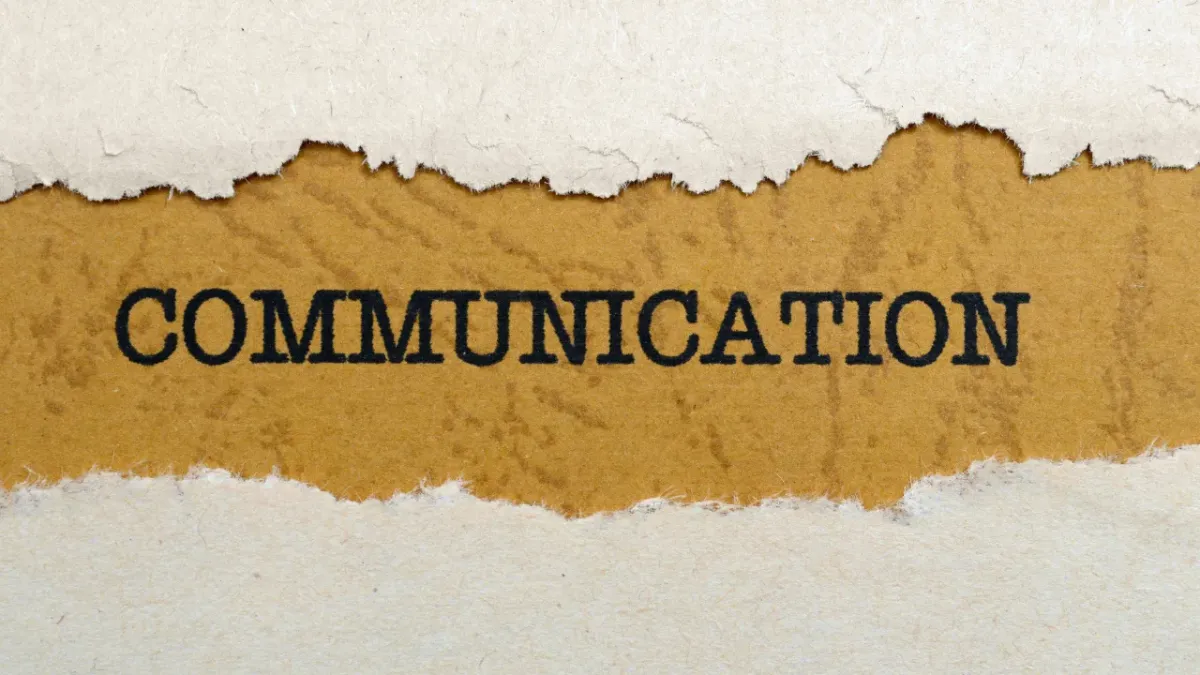The Day After Christmas
Published on: 18/12/2025
BlogCommunicationLeadershipStrategy
This is my personal blog. I regularly write about church leadership and infrastructure development, including specifics on
leadership techniques and the details of implementing systems, processes, and methods that enable the church to succeed.



Facebook
Instagram
X
LinkedIn
Youtube